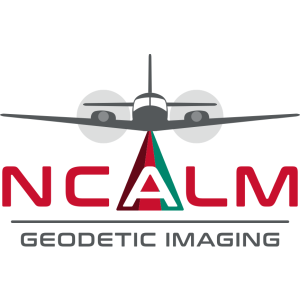Advancing Geoscience with Lidar Data
The National Center for Airborne Laser Mapping supports innovative geoscience research through its Seed Proposal Program. Each year, NCALM surveys up to seven projects, each covering no more than 40 km², for graduate student principal investigators from accredited U.S. institutions. These projects use Airborne Laser Swath Mapping data to address core research questions in the geosciences, such as fault dynamics or landscape change. The NCALM Steering Committee reviews proposals based on National Science Foundation guidelines, evaluating intellectual merit – how the work advances knowledge, its originality, and feasibility – and broader impacts, including contributions to education, research infrastructure, and society.
NCALM is excited to announce the 2024 Seed Proposal Winners. Five outstanding projects have been selected to receive high-resolution lidar data. These studies promise to deepen our understanding of critical Earth processes, with potential applications in areas like hazard assessment and environmental modeling. The selected proposals demonstrate creative and rigorous approaches to geoscience challenges. NCALM congratulates the following students (and their advisors):
August Aalto (Paola Passalacqua)
The University of Texas at Austin
Spatiotemporal dynamics of carbon accumulation within the Wax Lake Delta, Louisiana
Jean Allen (Anna Trugman)
University of California, Santa Barbara
Hyperspectral-LiDAR fusion for tree water stress monitoring
Brandon T. Fong (Roman A. DiBiase) & Michael J. Robinson (Joel S. Scheingross)
The Pennsylvania State University & University of Nevada, Reno
Lithologic controls on slot canyon formation
Juliana Ruef (Robert S. Anderson & Bradley Markle)
University of Colorado, Boulder
Decoding rock glacier motion: A multi-temporal study of dynamics in the San Juan Mountains
Shannon Sondeno (James Guilinger)
California State University, Monterey Bay
Assessment of coastal dune erosion before and after the closure of sand mining operations using lidar and SfM differencing, Southern Monterey Bay, CA
Visit ncalm.cive.uh.edu/seed-proposals to learn more about the program. Congratulations to these promising researchers!
Related News:


